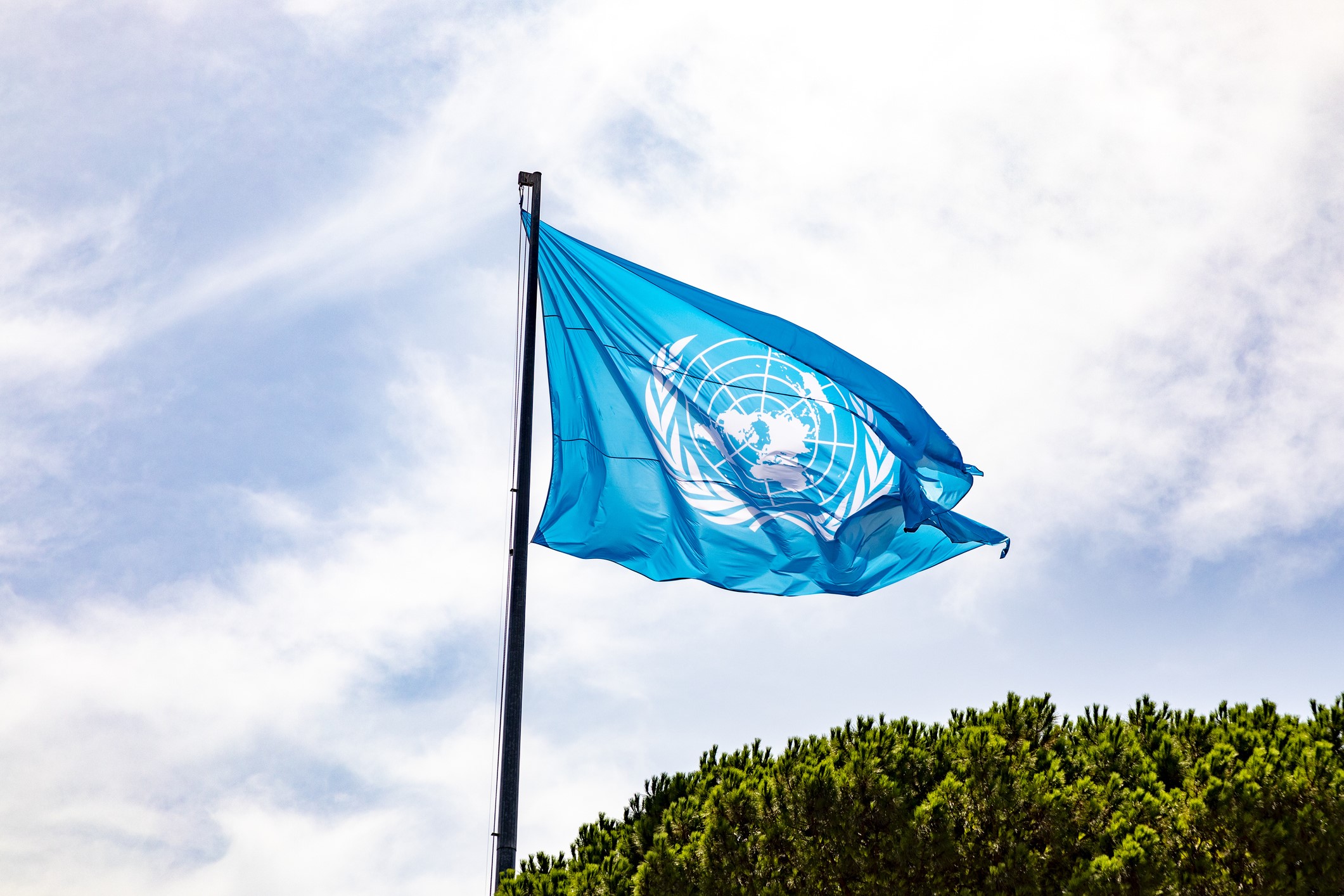Current public resources are not equipped to adequately support citizens in all forms of crisis. 911 responders, for example, are not able to provide care for those experiencing mental health crises. At the same time, technology-enabled mass monitoring has exacerbated cases of domestic violence and stalking. How can governments ensure citizens get the proper resources and support they need?
Two Fall 2021 Hub Fellows presented their innovative policy ideas focused on “Strengthening Support in Times of Crisis.” Following the presentations of the projects, Tara McGuinness, founder of the New Practice Lab at New America, author of “Power to the Public”, and former White House Senior Advisor, gave further remarks.
The projects presented were:
Accelerating Adoption of the 988 Mental Health Crisis Hotline: Every year, approximately 18 million calls are made to 911 that involve mental or behavioral health crises. The rapid, police-led response that 911 is optimized for is not well suited for these situations, as appropriate crisis care is typically beyond responders’ scope of practice. Fellow Micah Mutrux recommended four low cost tech interventions that states should take up to divert mental and behavioral health crisis calls from 911 to 988: the new 988 Suicide Prevention and Mental Health Hotline launching in July of 2022.
The Tech Safety Initiative: Helping Survivors of Tech Abuse: There is currently no central office or website within the federal government to address tech-enabled domestic violence and stalking through nonconsensual device monitoring. As a result, survivors struggle to find resources and support in such situations. Fellow Lodrina Cherne presented her recommendations for a new Department of Justice website, the Technology Safety Initiative, that can serve as a one-stop shop for addressing technology-facilitated abuse.
This conversation is part of our Demo Day Series running in February and March 2022. Please see below for other events in this series.

